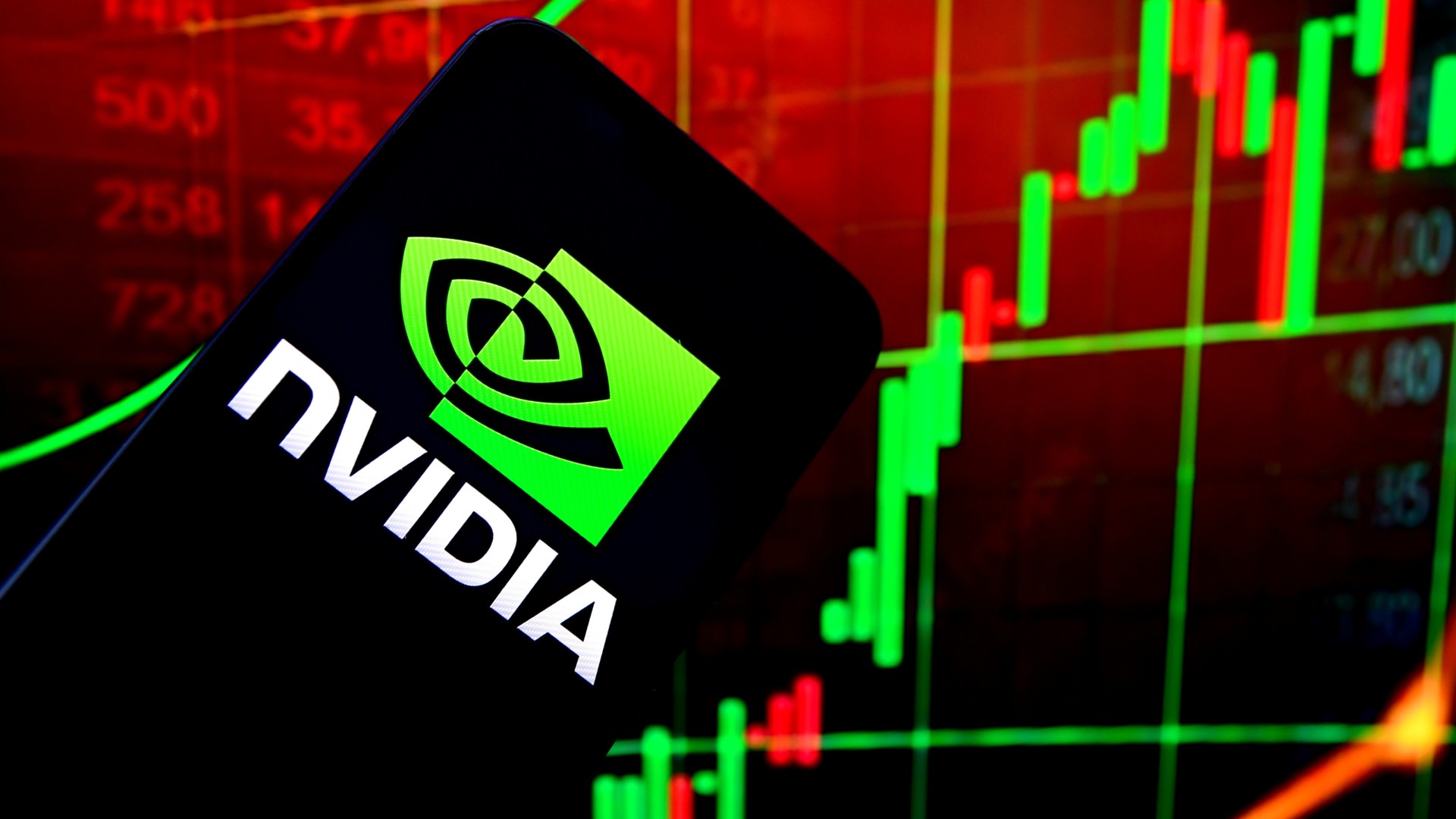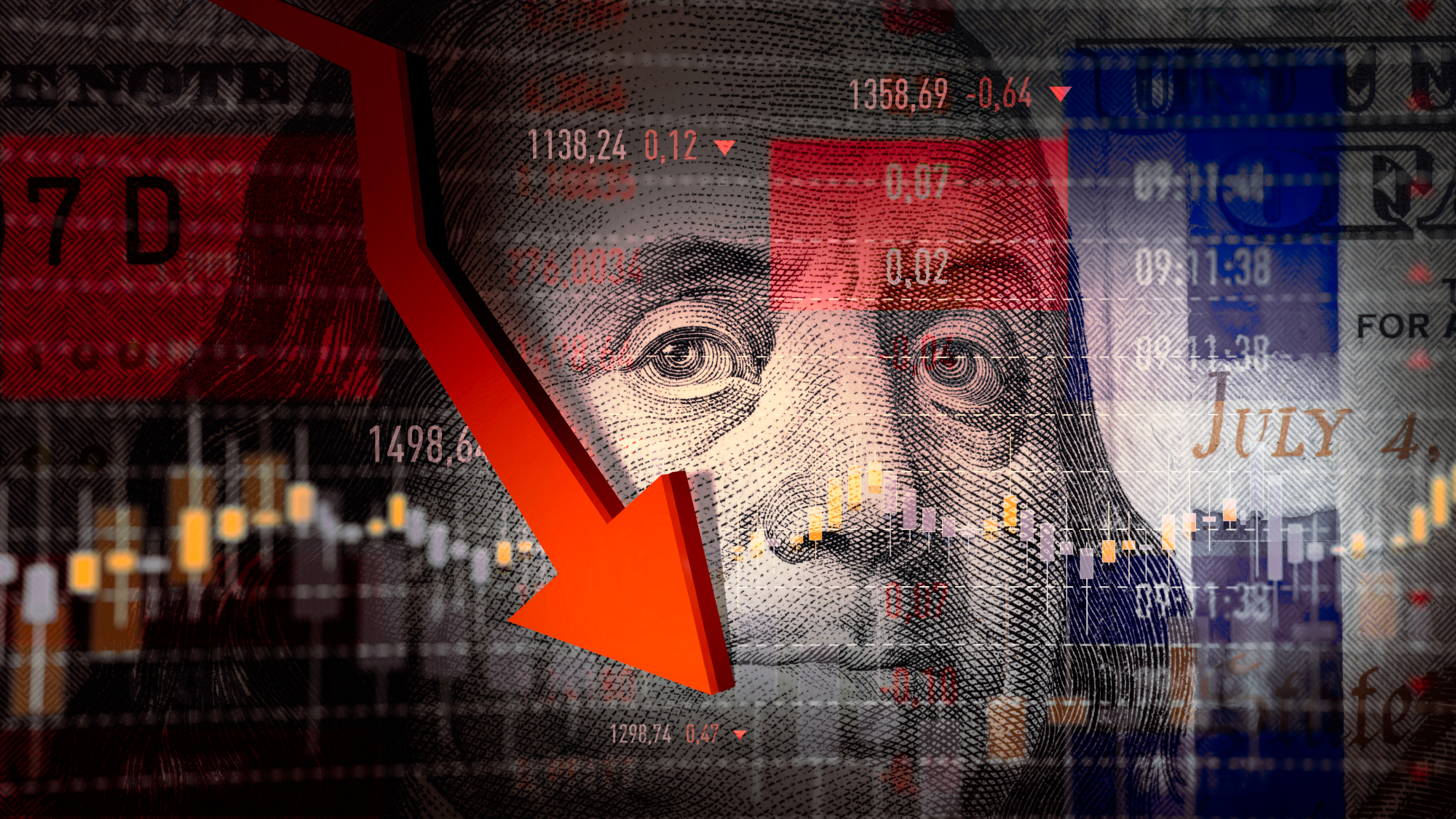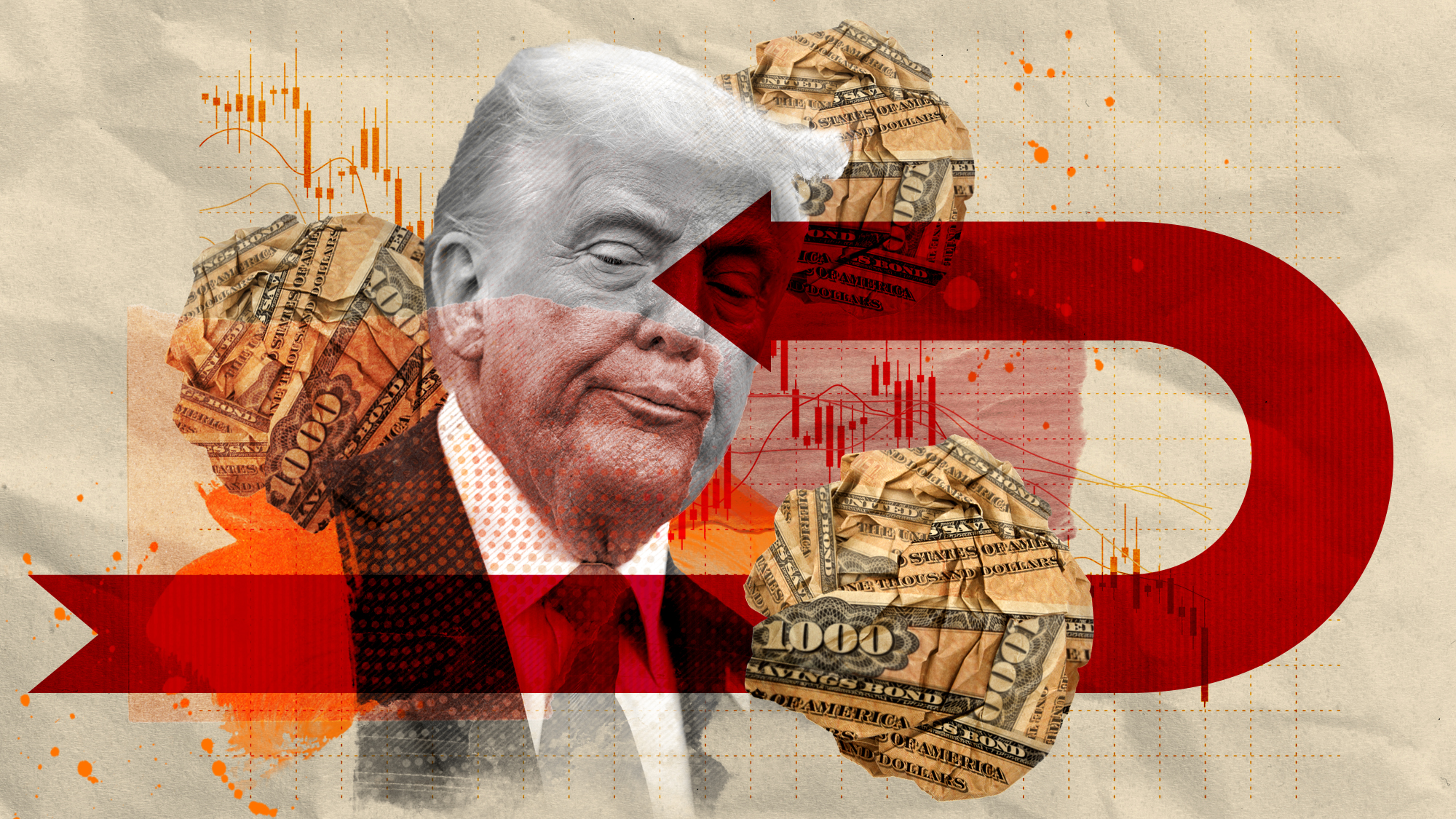Welcome back to the office maze
And more of the week's best financial insight

A free daily email with the biggest news stories of the day – and the best features from TheWeek.com
You are now subscribed
Your newsletter sign-up was successful
Here are three of the week's top pieces of financial insight, gathered from around the web:
Welcome back to the office maze
Once reviled, cubicles are making a comeback, said Callum Borchers in The Wall Street Journal. "'Seated privacy' is the latest buzzy term in office design," as walled-in work-stations and private offices are increasingly returning to the post-pandemic workplace. It may be a welcome sight to the many workers who loathed the "open office layouts designed to foster collaboration." Even less popular have been the "hot" desk systems that numerous companies adopted for hybrid workers. Employees are the ones pushing for layout changes, indicating their desire "to put their heads down and focus sometimes — and a few walls can help." Even WeWork, known for its freewheeling environments, is creating "quiet zones" for workers that are intended to be like "quiet cars on the train."
The Week
Escape your echo chamber. Get the facts behind the news, plus analysis from multiple perspectives.

Sign up for The Week's Free Newsletters
From our morning news briefing to a weekly Good News Newsletter, get the best of The Week delivered directly to your inbox.
From our morning news briefing to a weekly Good News Newsletter, get the best of The Week delivered directly to your inbox.
A potential long freeze for stocks
Legendary investor Stanley Druckenmiller expects the market to be "flat" for the next decade, said Will Daniel in Fortune. In an interview with Palantir CEO Alex Karp last week, Druckenmiller said that rampant inflation has forced central banks to shift their policies. "They're like reformed smokers," said the legendary investor, who became famous as George Soros' lead portfolio manager. The deflationary trend that we've seen thanks to globalization since 1982 has not only stopped but actually "reversed" amid the war in Ukraine and U.S.-China tensions. And now central banks have "gone from printing a bunch of money, like driving a Porsche at 200 miles an hour," to "slamming the brakes."
CEOs stay on longer
More companies are rethinking the mandatory retirement age for corporate executives, said Taylor Telford in The Washington Post. This month, Target's board voted to "ax its policy of mandatory retirement at age 65" and keep chief executive Brian Cornell, 63, "at the helm for another three years." Merck, 3M, and Boeing have all done something similar in recent months. Top executives are among a handful of workers — including pilots and air traffic controllers — who can be "required to retire at age 65 under the Age Discrimination Employment Act." But the "vast majority" of companies today have stopped implementing mandatory retirement ages. "The average age of an outgoing chief executive was 64 in 2021, up from 61 in 2020, according to research from SpencerStuart, which tracks data on CEO transitions."
A free daily email with the biggest news stories of the day – and the best features from TheWeek.com
This article was first published in the latest issue of The Week magazine. If you want to read more like it, you can try six risk-free issues of the magazine here.
-
 The ‘ravenous’ demand for Cornish minerals
The ‘ravenous’ demand for Cornish mineralsUnder the Radar Growing need for critical minerals to power tech has intensified ‘appetite’ for lithium, which could be a ‘huge boon’ for local economy
-
 Why are election experts taking Trump’s midterm threats seriously?
Why are election experts taking Trump’s midterm threats seriously?IN THE SPOTLIGHT As the president muses about polling place deployments and a centralized electoral system aimed at one-party control, lawmakers are taking this administration at its word
-
 ‘Restaurateurs have become millionaires’
‘Restaurateurs have become millionaires’Instant Opinion Opinion, comment and editorials of the day
-
 Did markets’ ‘Sell America’ trade force Trump to TACO on Greenland?
Did markets’ ‘Sell America’ trade force Trump to TACO on Greenland?Today’s Big Question Investors navigate a suddenly uncertain global economy
-
 Texas is trying to become America’s next financial hub
Texas is trying to become America’s next financial hubIn the Spotlight The Lone Star State could soon have three major stock exchanges
-
 What a rising gold price says about the global economy
What a rising gold price says about the global economyThe Explainer Institutions, central banks and speculators drive record surge amid ‘loss of trust’ in bond markets and US dollar
-
 Is a financial market crash around the corner?
Is a financial market crash around the corner?Talking Points Observers see echoes of 1929
-
 The AI bubble and a potential stock market crash
The AI bubble and a potential stock market crashToday's Big Question Valuations of some AI start-ups are 'insane', says OpenAI CEO Sam Altman
-
 DORKs: The return of 'meme stock' mania
DORKs: The return of 'meme stock' maniaFeature Amateur investors are betting big on struggling brands in hopes of a revival
-
 Dollar faces historic slump as stocks hit new high
Dollar faces historic slump as stocks hit new highSpeed Read While stocks have recovered post-Trump tariffs, the dollar has weakened more than 10% this year
-
 How the US bond market works – and why it matters
How the US bond market works – and why it mattersThe Explainer Donald Trump was forced to U-turn on tariffs after being 'spooked' by rise in Treasury yields